Creative Composition in Photography: See Beyond the Frame
Today’s chosen theme: Creative Composition in Photography. Step into a world where lines whisper, colors hum, and stories unfold quietly at the edges. Subscribe and share your experiments—let’s grow our compositional instincts together.

Seeing Differently: The Mindset Behind Creative Composition
Pause before you raise the camera. Walk the scene, notice how light lingers, listen for emotional cues. The best compositions emerge when observation outruns haste and intention replaces habit.
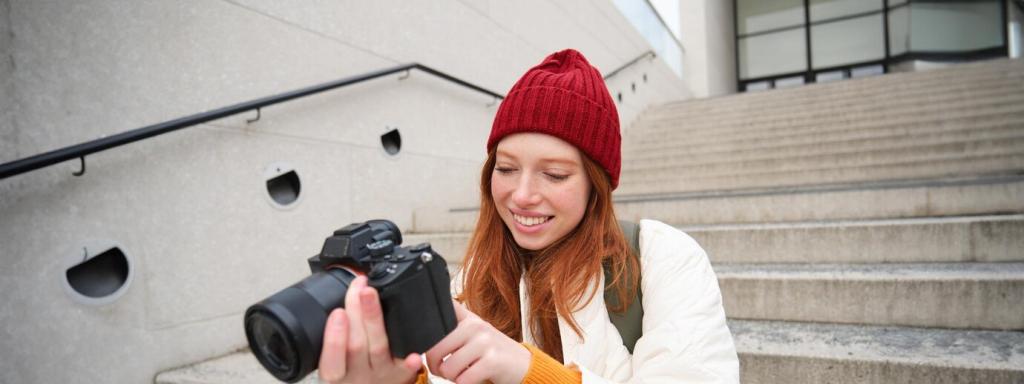
Lines, Shapes, and Visual Weight
Railings, rivers, and shadows can pull attention toward your subject. In Lisbon, rainwater formed streaks that carried the viewer right to a laughing boy in red shoes.
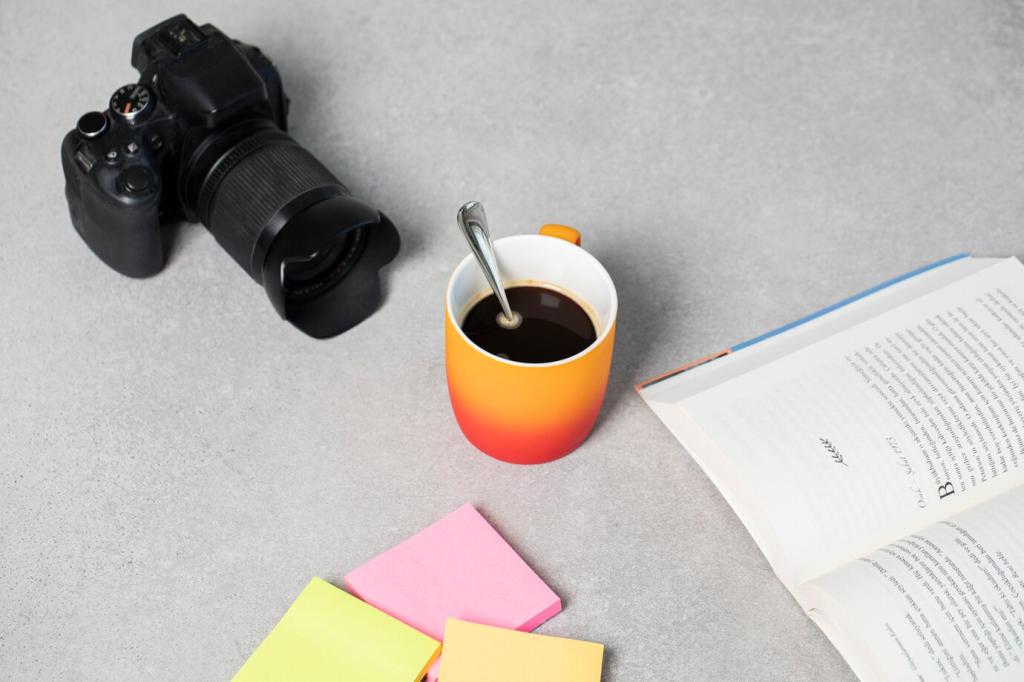

Lines, Shapes, and Visual Weight
Triangles add energy, circles soothe. Arrange people’s heads or street elements into implied shapes. Your composition gains structure, even when the scene feels wonderfully chaotic.

Beyond the Rule of Thirds
Centering can convey confrontation or serenity. I once placed a solitary tree dead center under storm clouds; the stark symmetry amplified loneliness more than thirds ever could.
Symmetry with a Twist
Perfect symmetry is powerful, but leaving a slight imperfection adds tension. A single passerby offsetting a mirrored corridor can turn static beauty into a living moment.
Negative Space as a Storyteller
Let emptiness speak. A tiny silhouette against a vast sky suggests scale, silence, and possibility. Try it today and tag your result—minimal frames often spark the longest conversations.
Color, Contrast, and Mood
Blue and orange, red and green—pairs that sing. A cyclist in an orange jacket against twilight blue turns a routine commute into a cinematic moment of motion and heat.
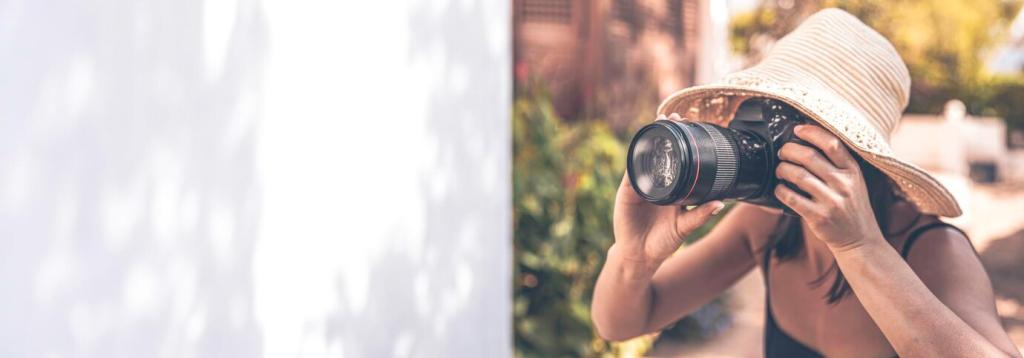

Color, Contrast, and Mood
Remove color to reveal shape, light, and gesture. On a foggy pier, black-and-white accentuated the fishermen’s posture, and the composition became about rhythm instead of hue.
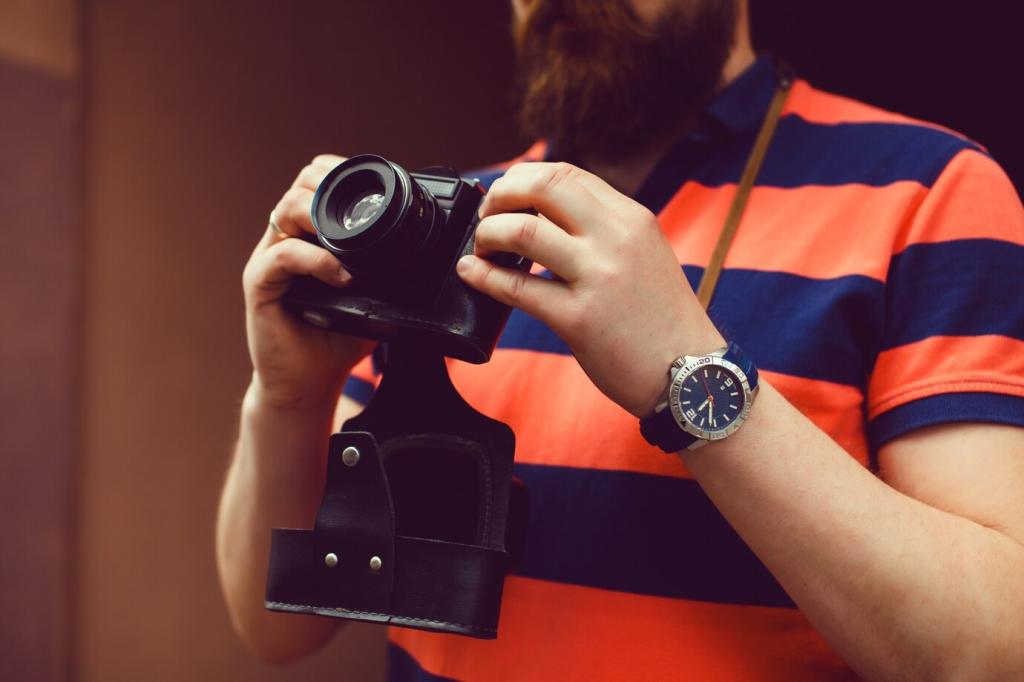

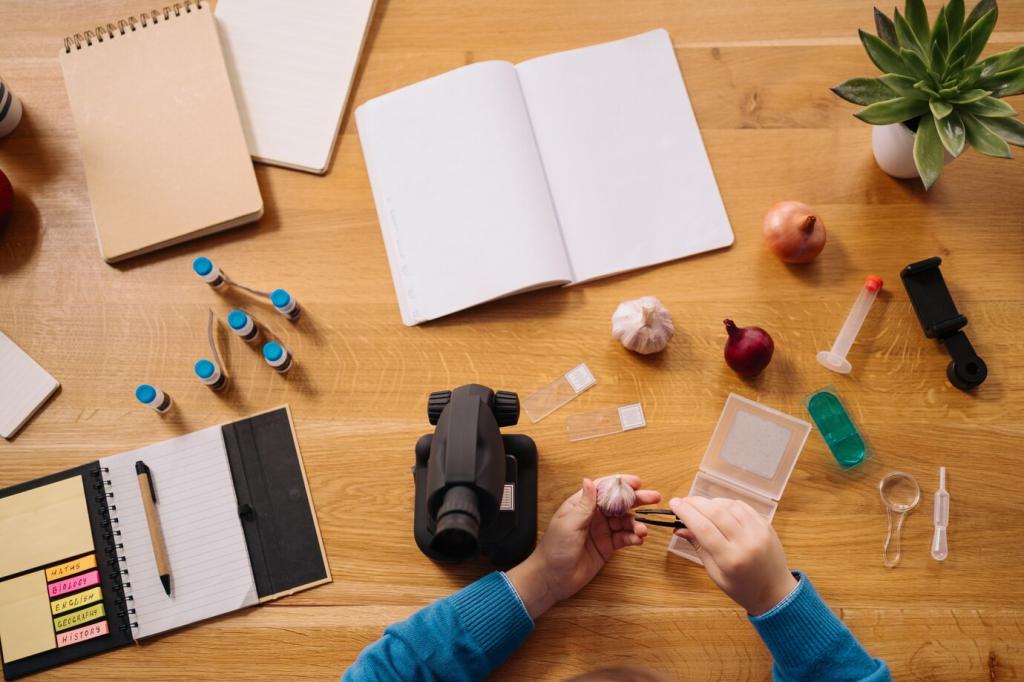
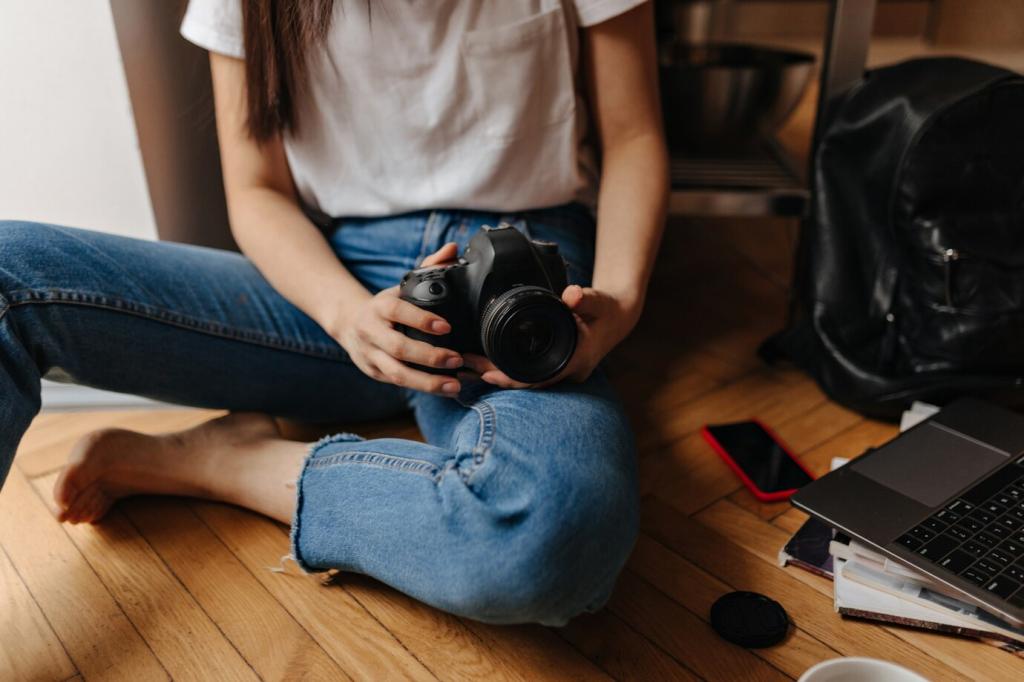

Motion, Gesture, and Visual Rhythm
Track a moving subject at a slow shutter speed. The background blurs into streaks while your subject stays sharp. A skateboarder once became a bright brushstroke across dusk.
Motion, Gesture, and Visual Rhythm
Waves soften into velvet, crowds blend into ghosted patterns. Use a tripod, embrace patience, and let time draw shapes your eye can’t see in real life.
Light, Shadow, and Edge Discipline
01
Choreographing Light and Shadow
Side light reveals texture; backlight creates glow and edges. A baker’s flour cloud lit by a single window beam turned a simple portrait into a floating constellation.
02
Mind the Edges and Corners
Distracting half-objects steal narrative power. Before pressing the shutter, scan the frame’s edges. A tiny step left can remove chaos and clarify what your photograph truly says.
03
Minimalism for Maximum Focus
Strip away non-essentials. One subject, one gesture, generous space. Post your minimal composition attempts and tell us what you removed—often subtraction is the bravest creative act.
